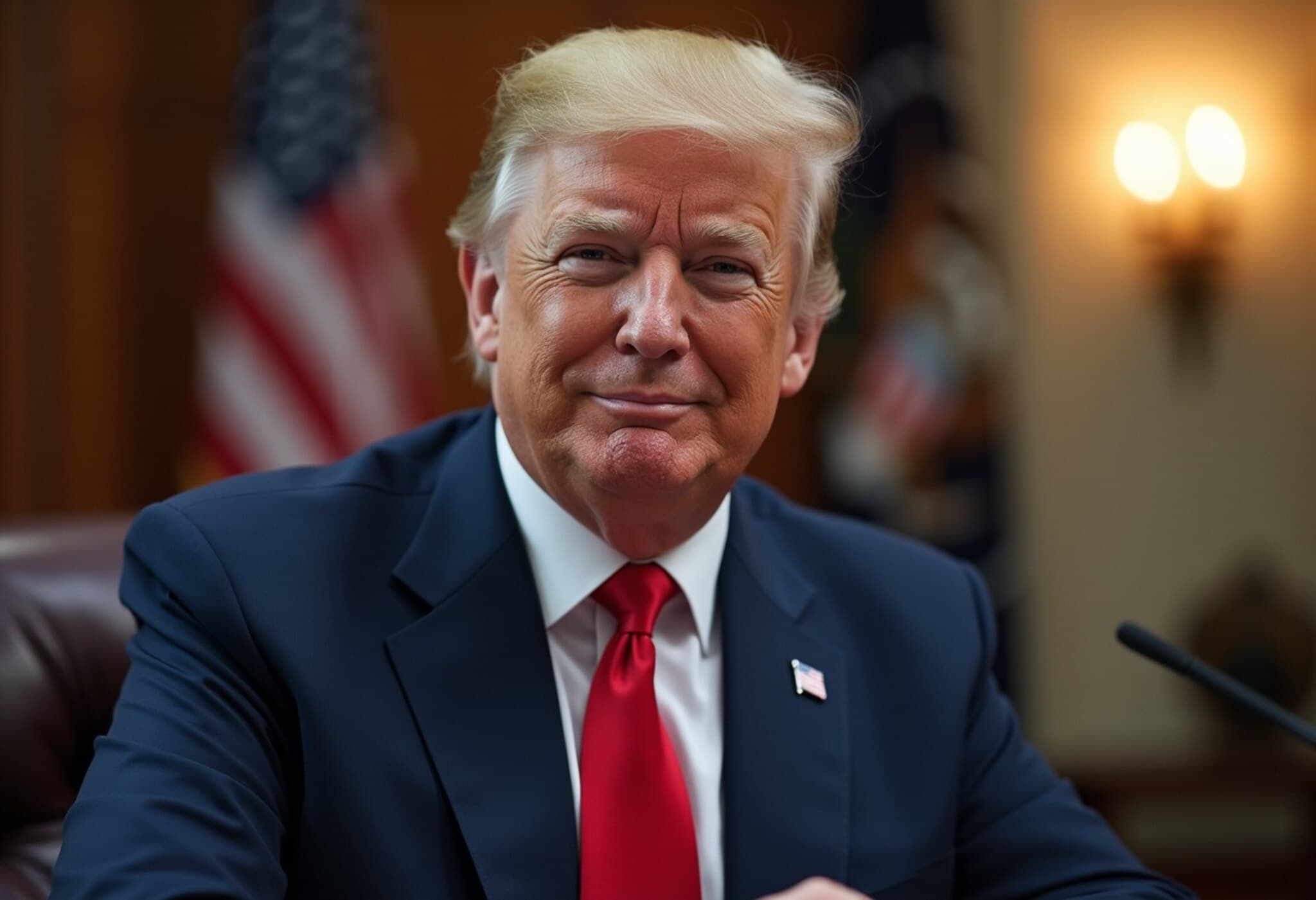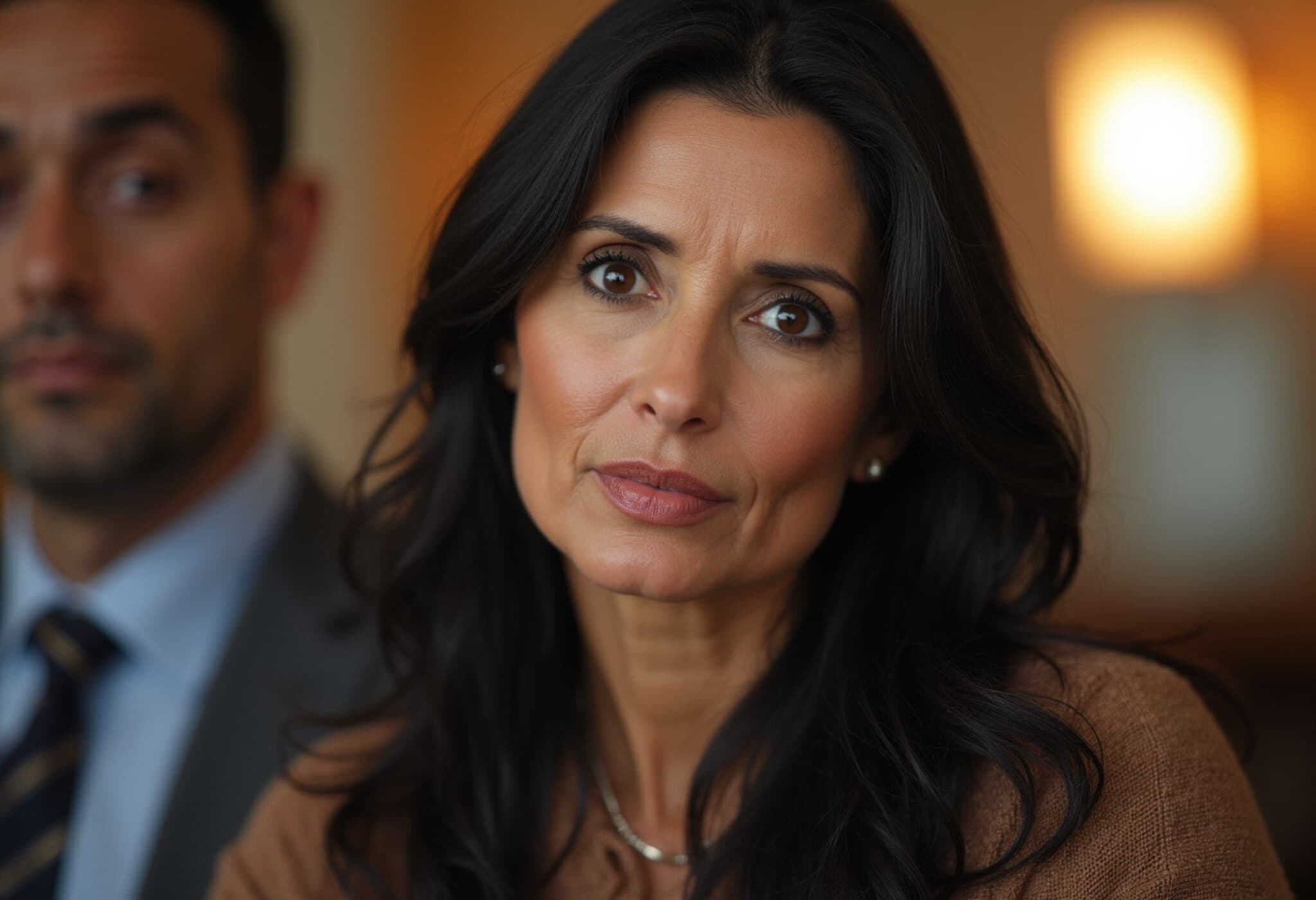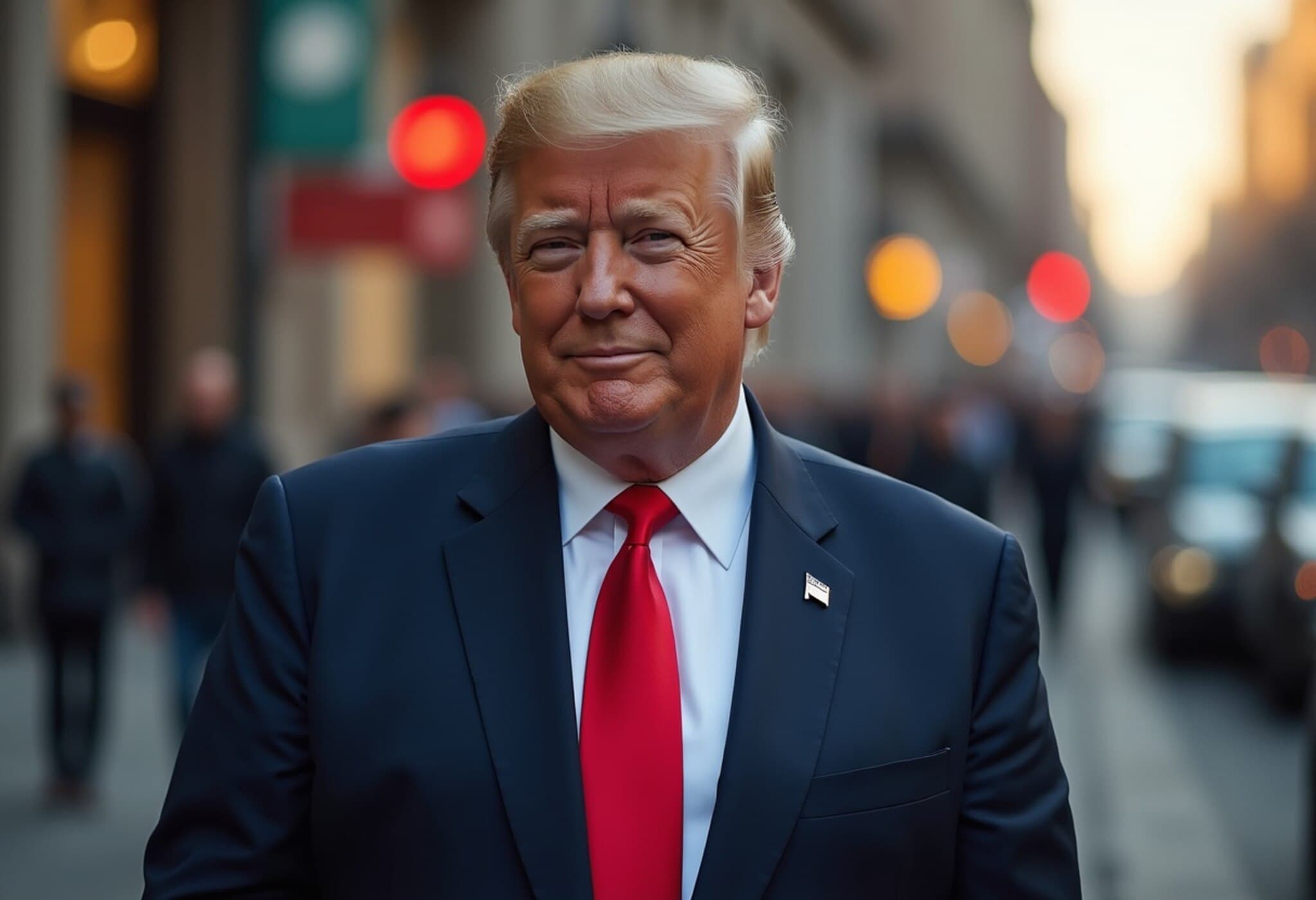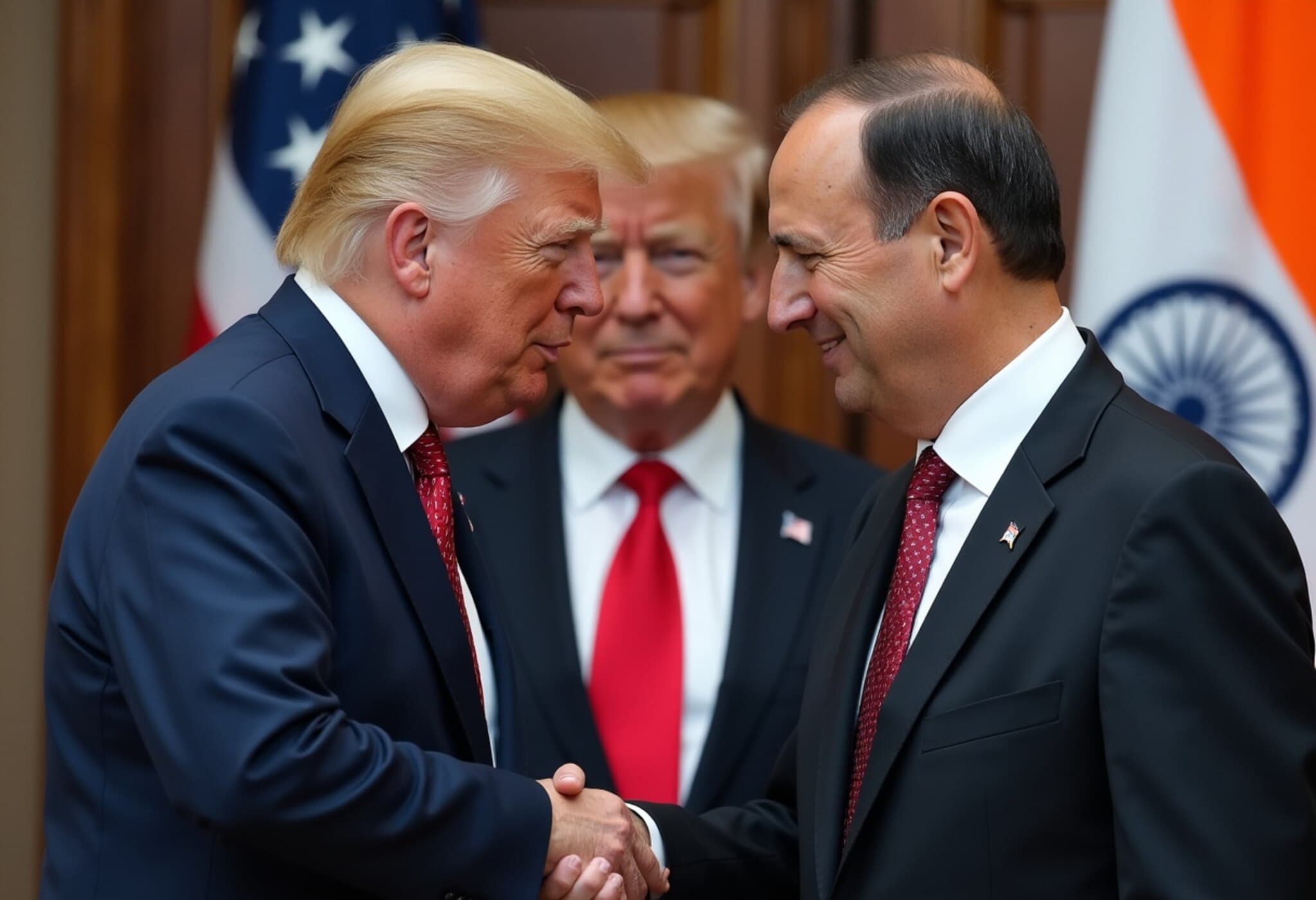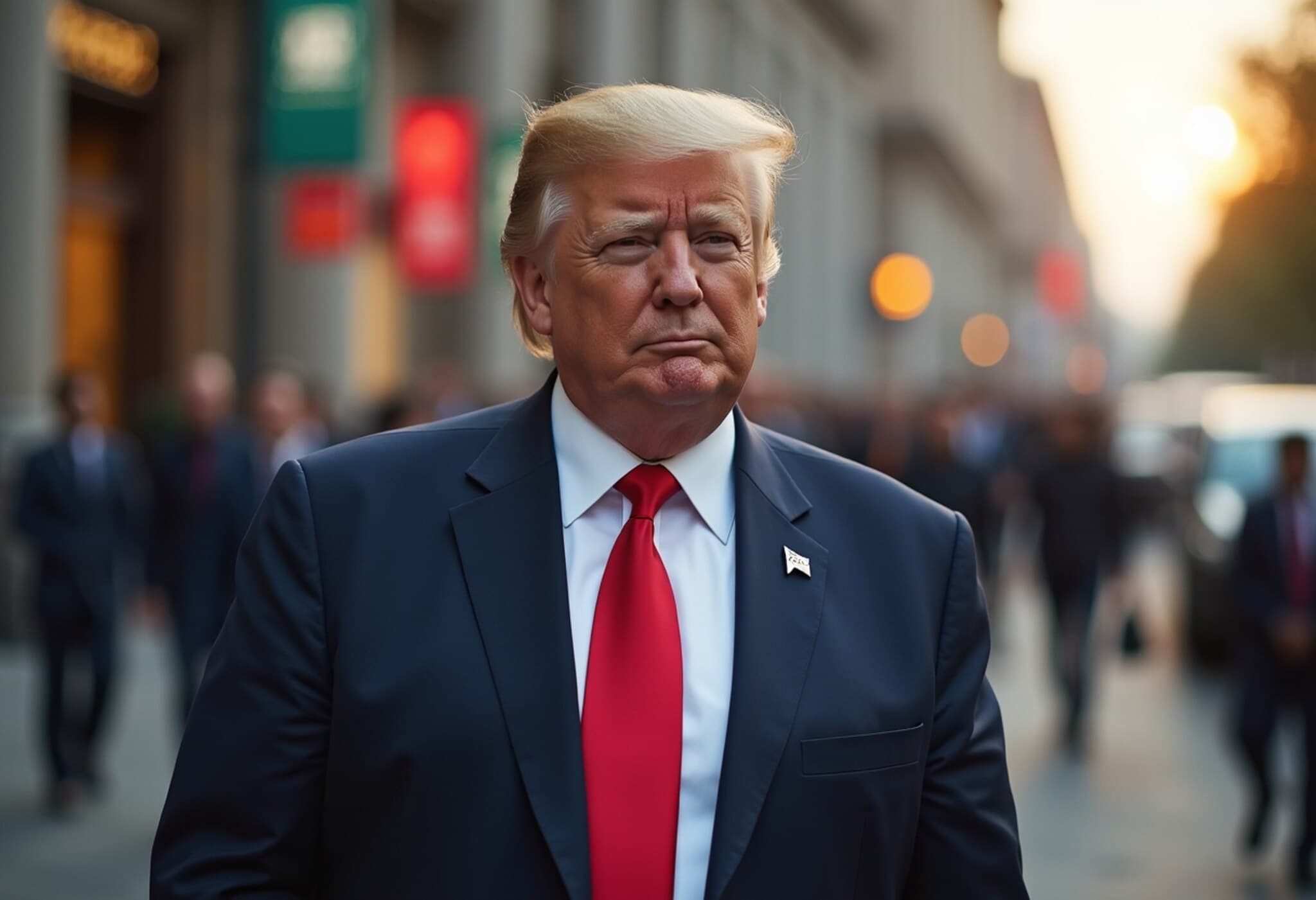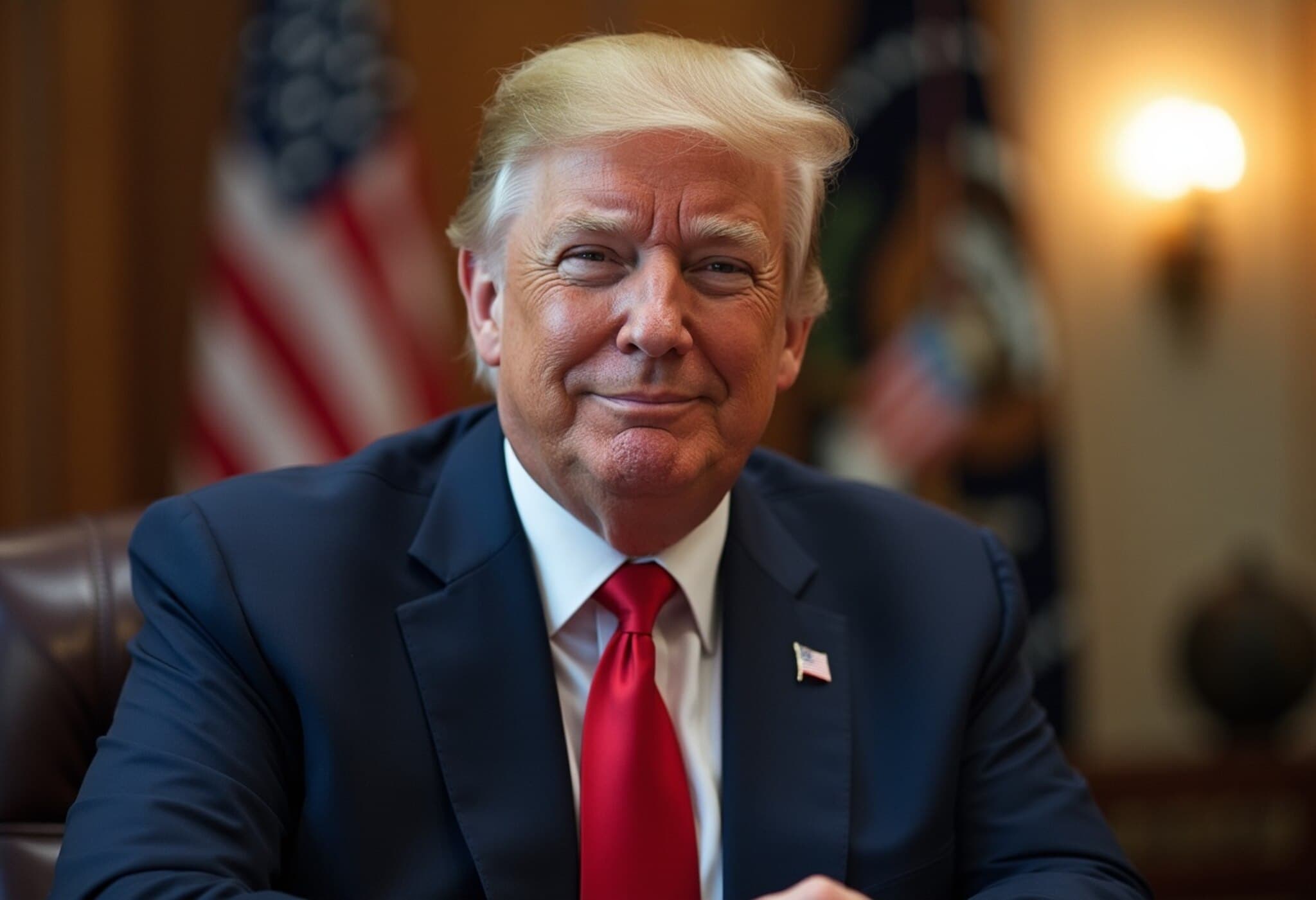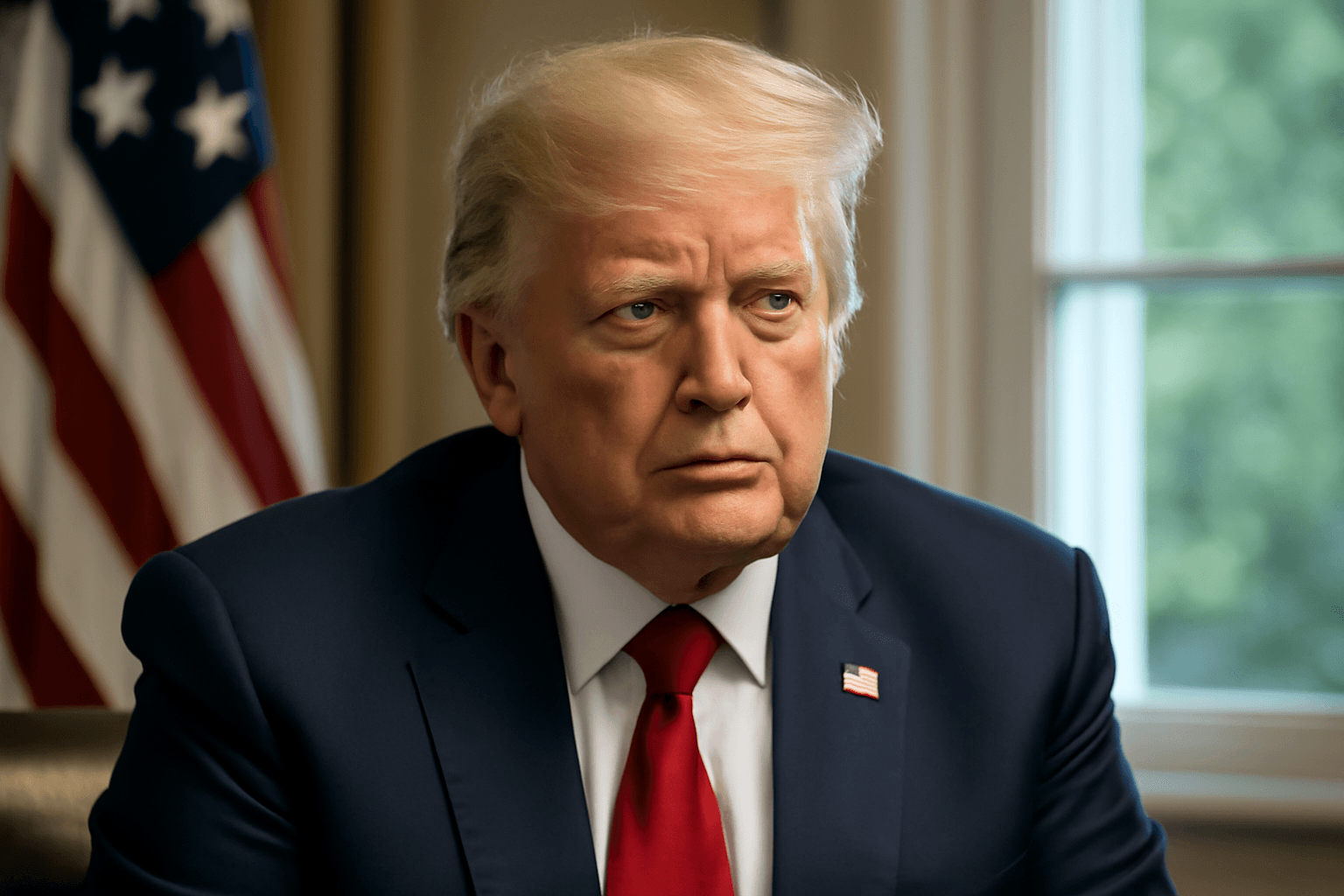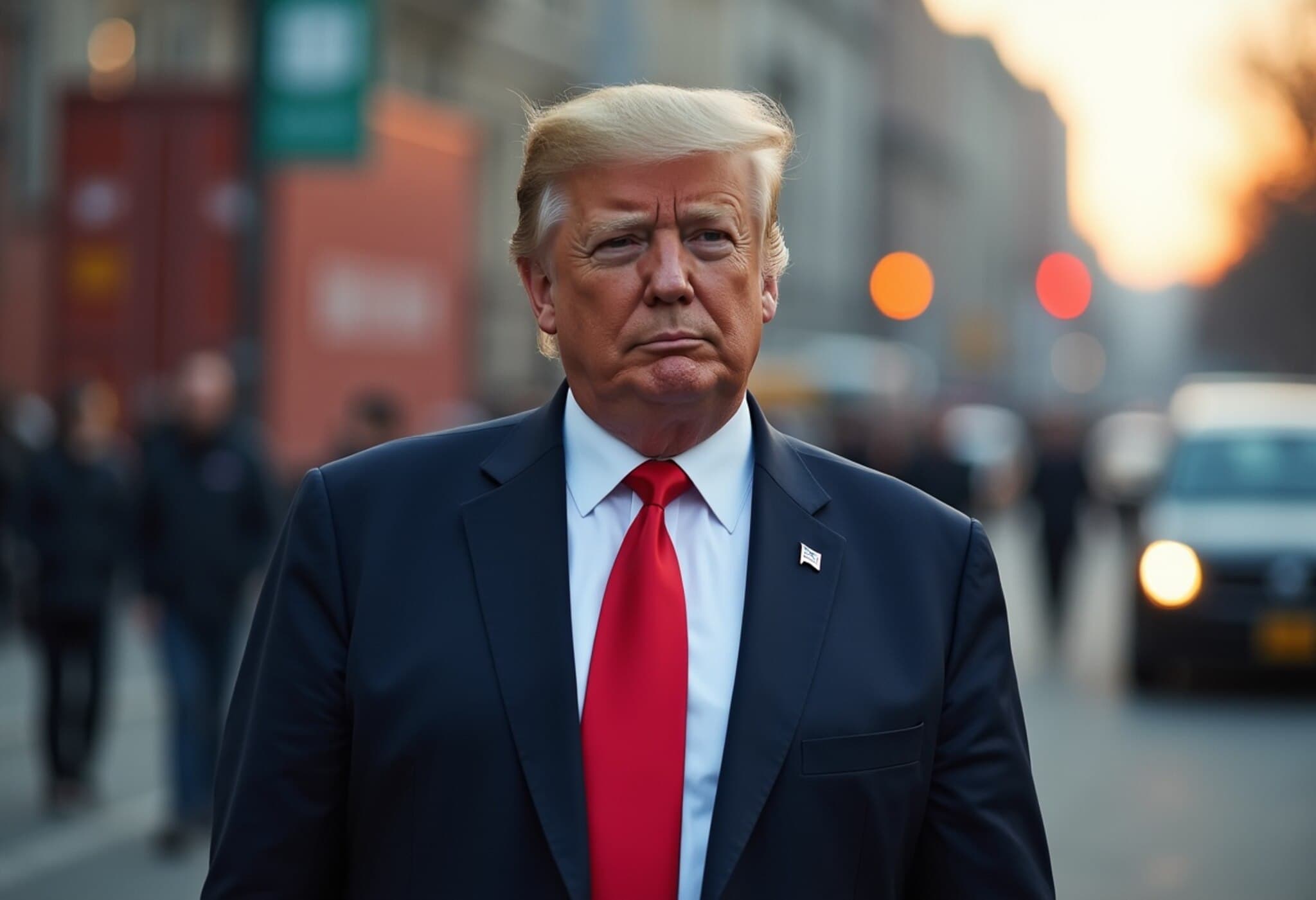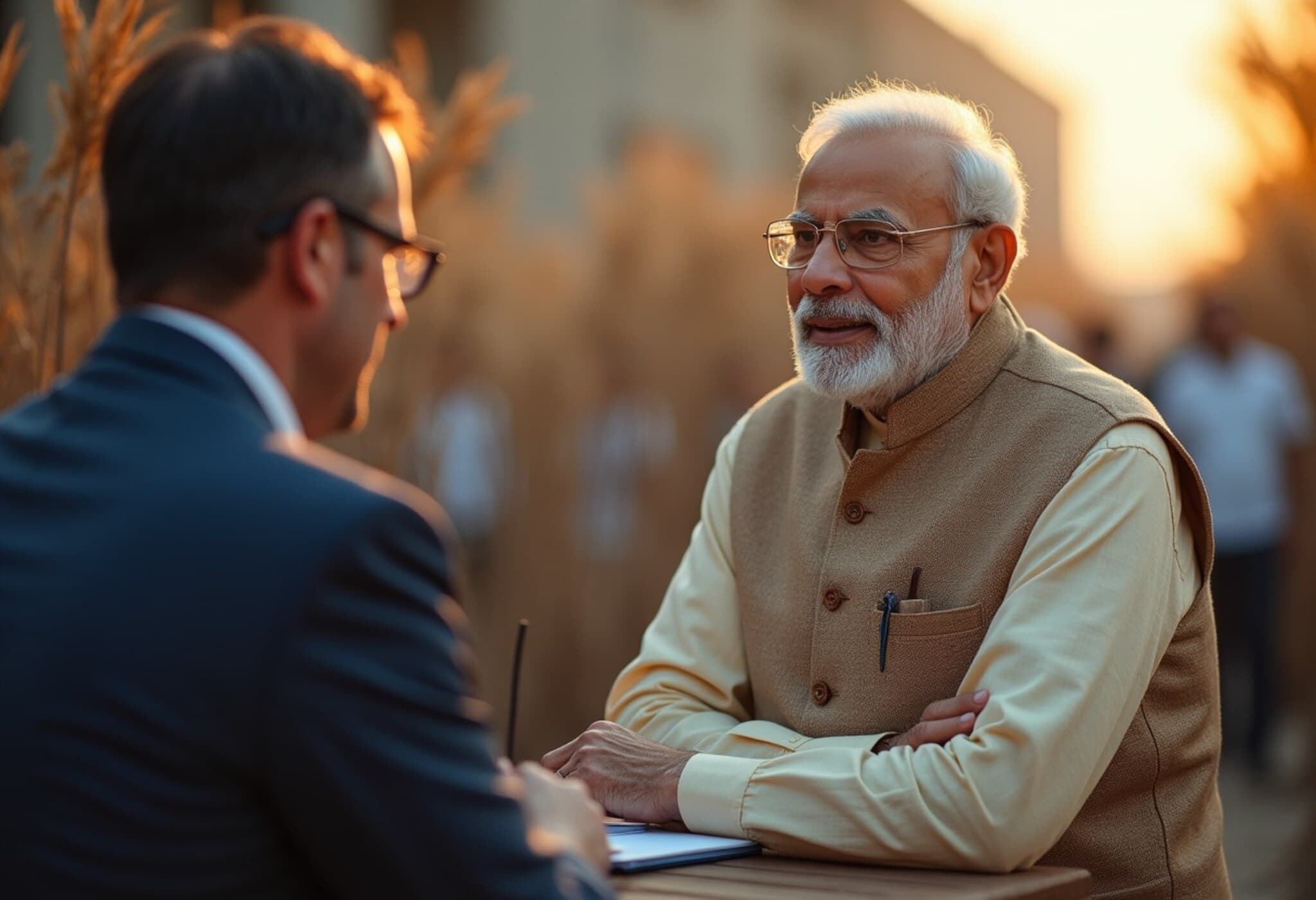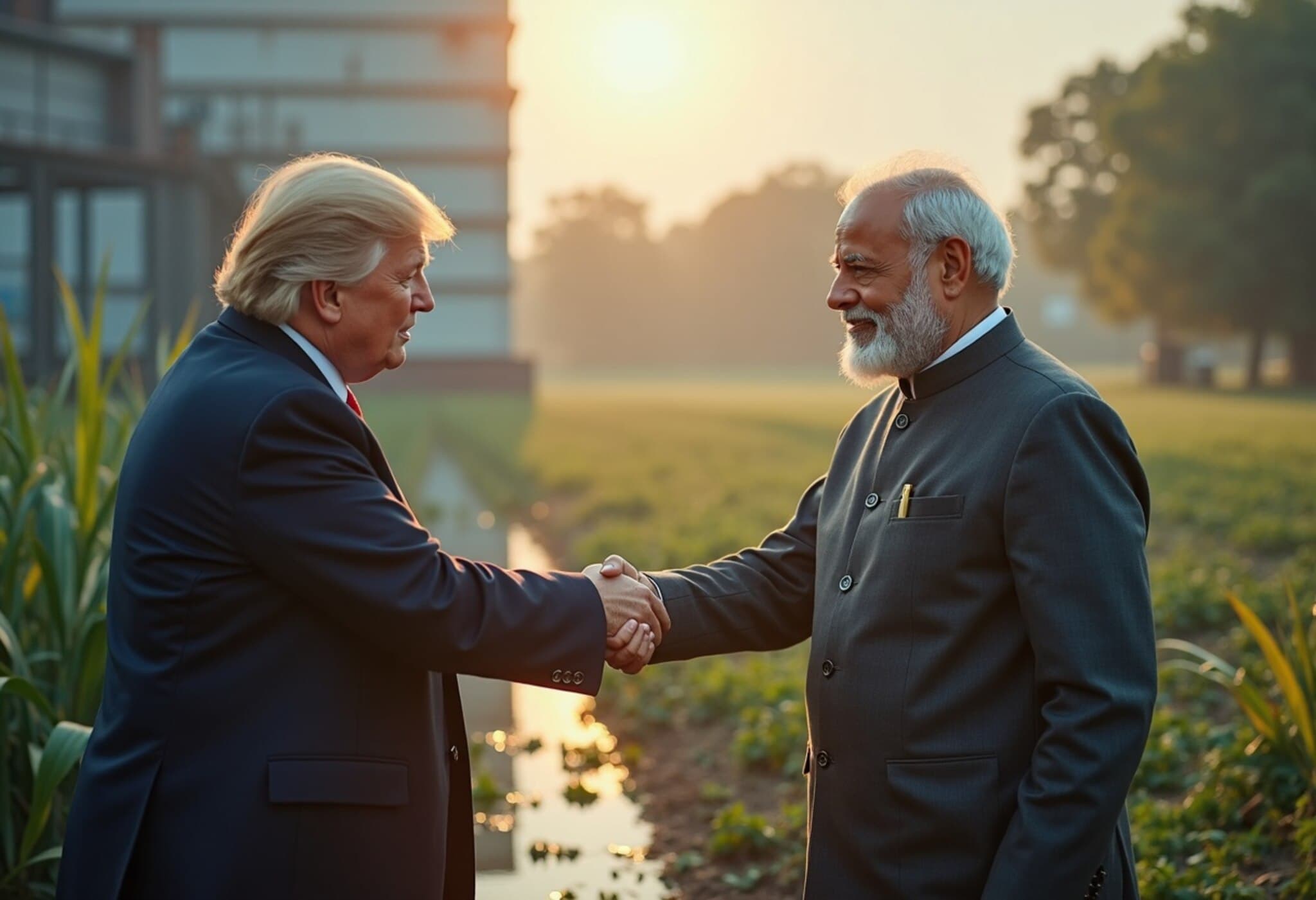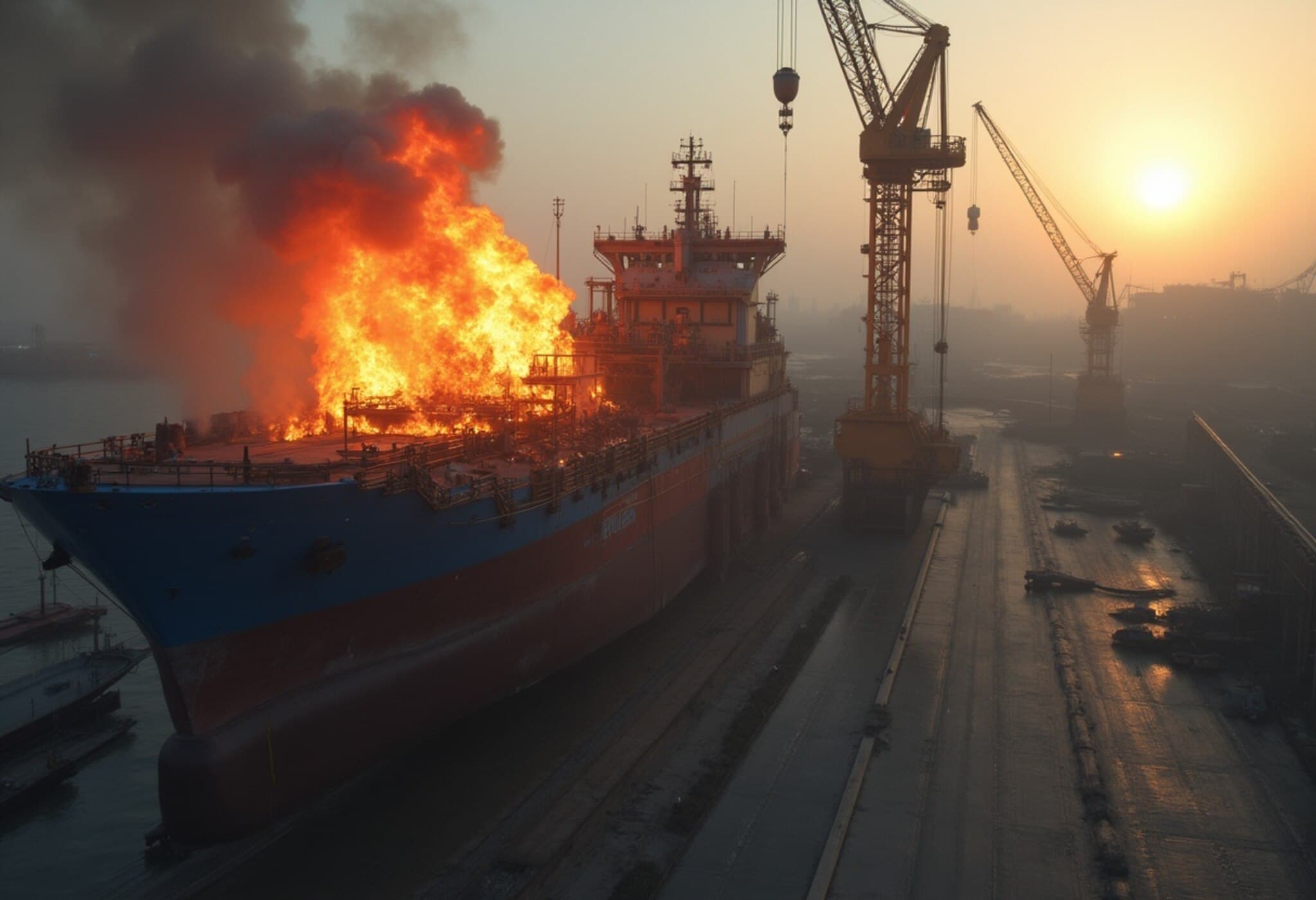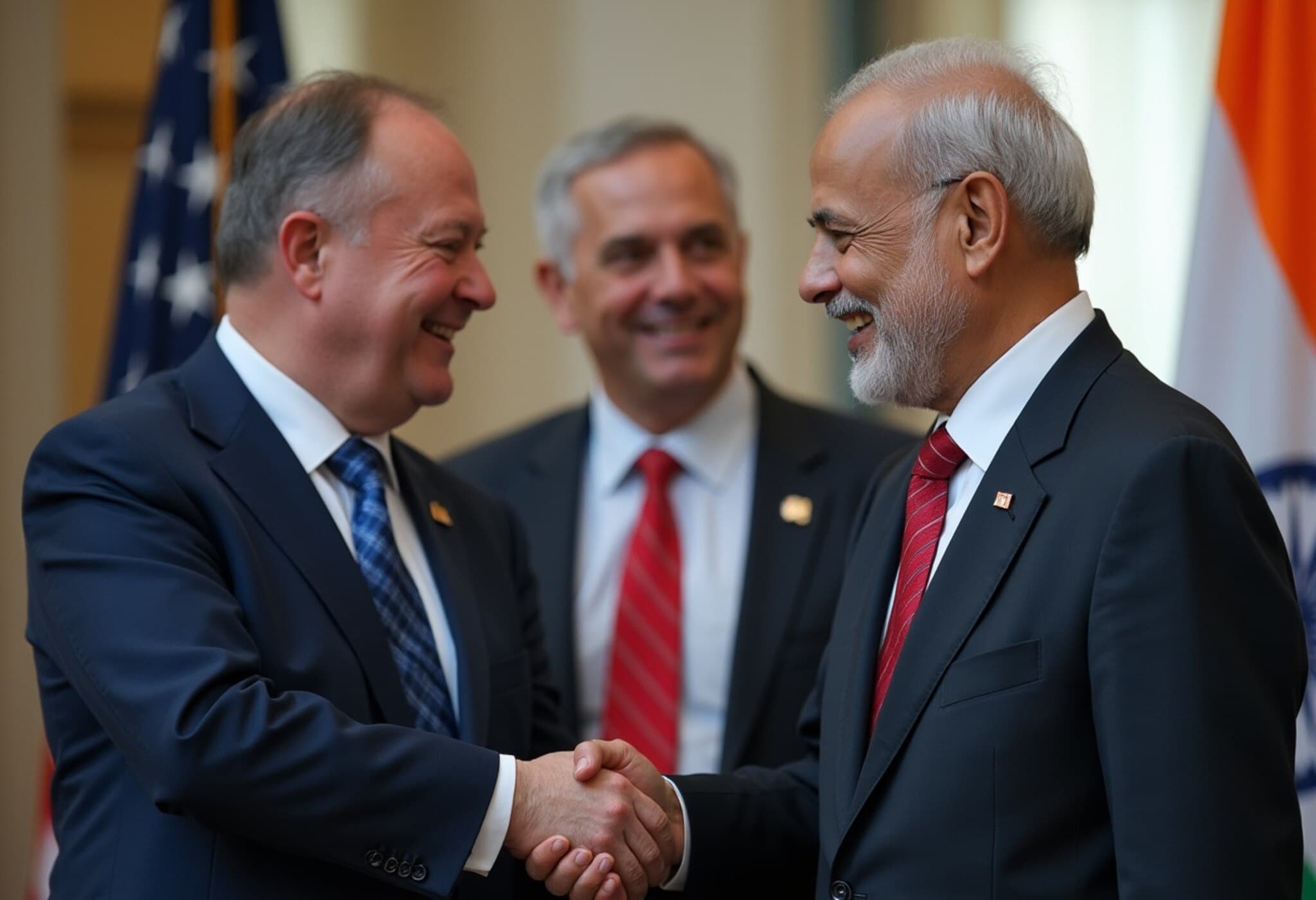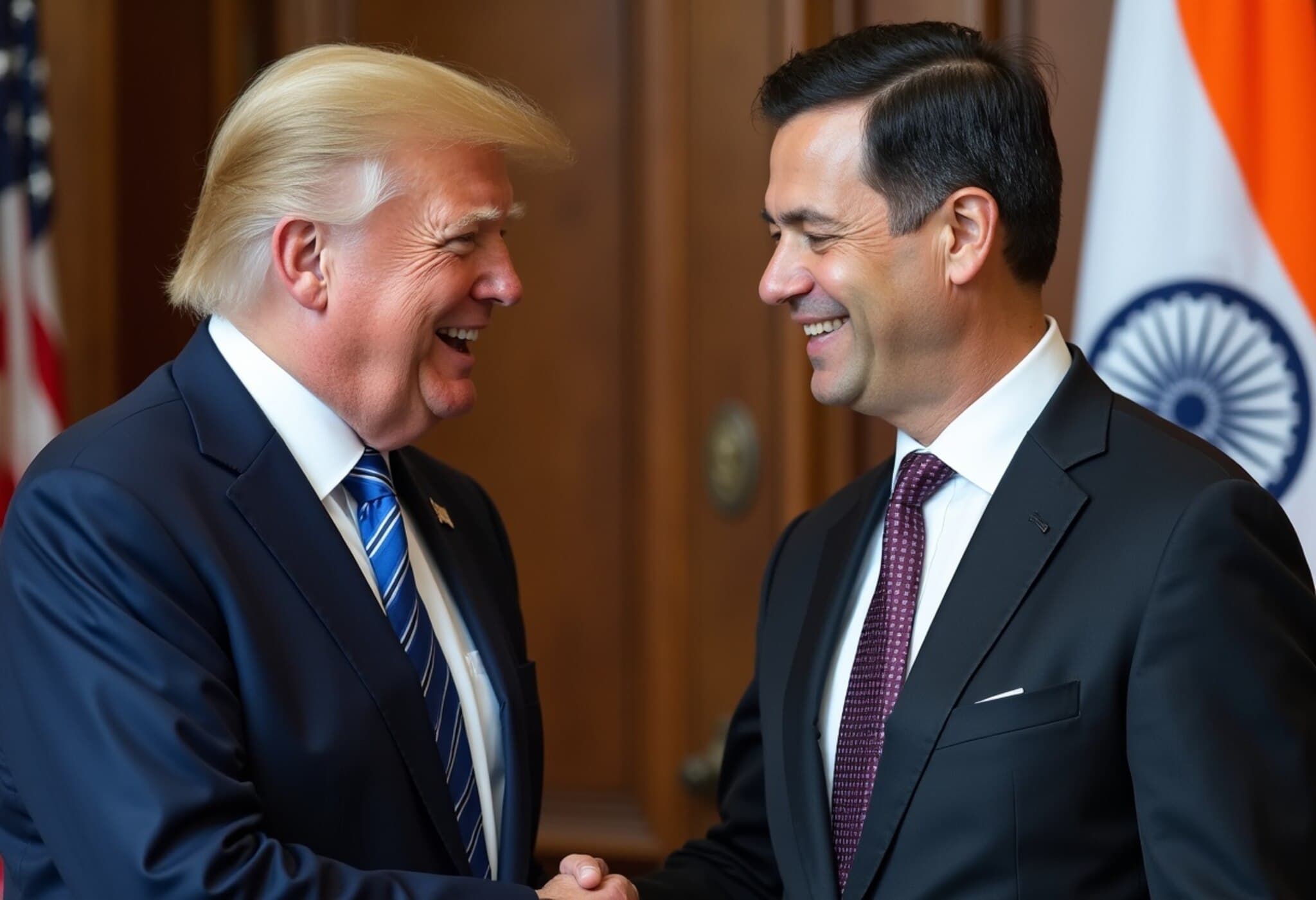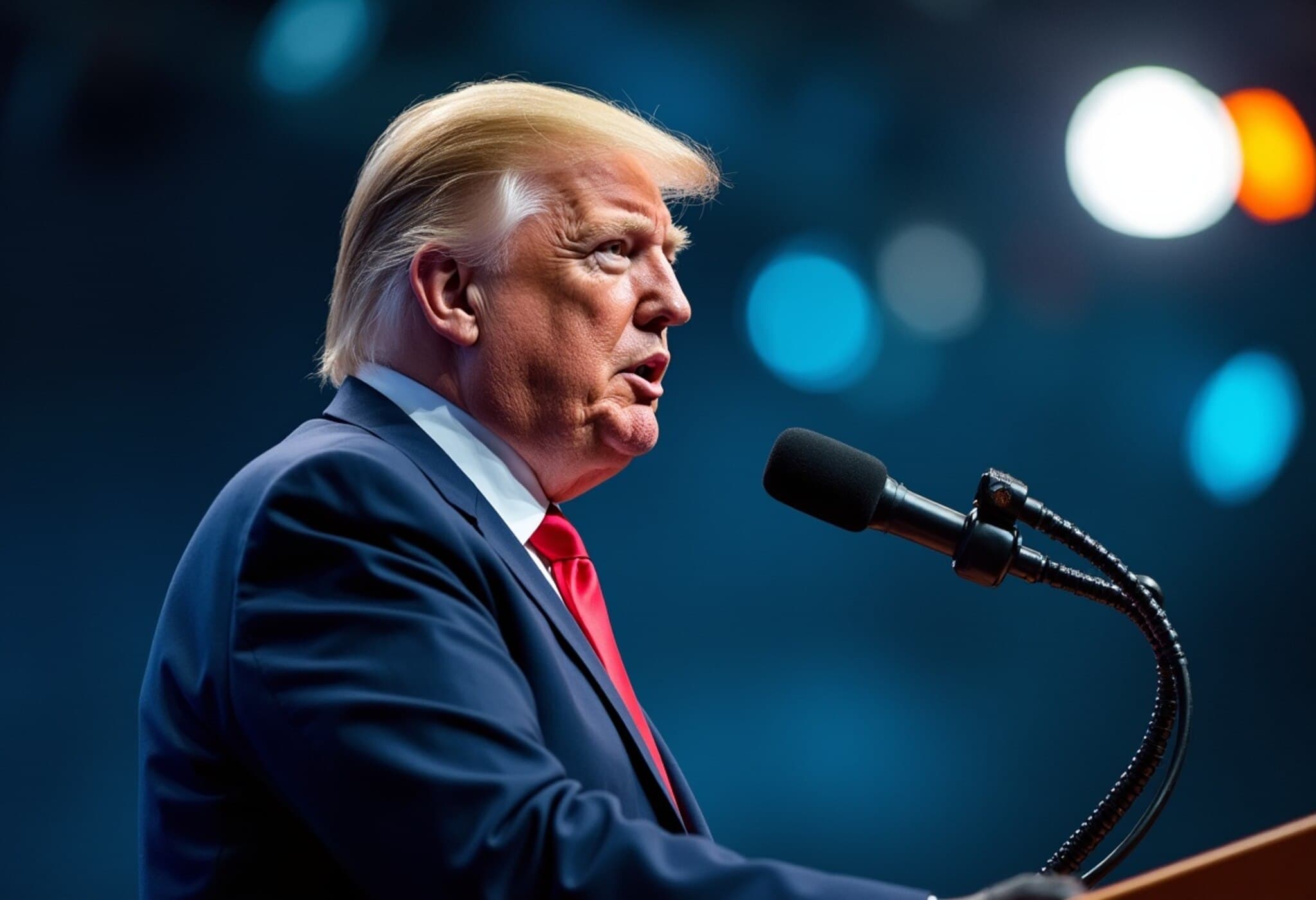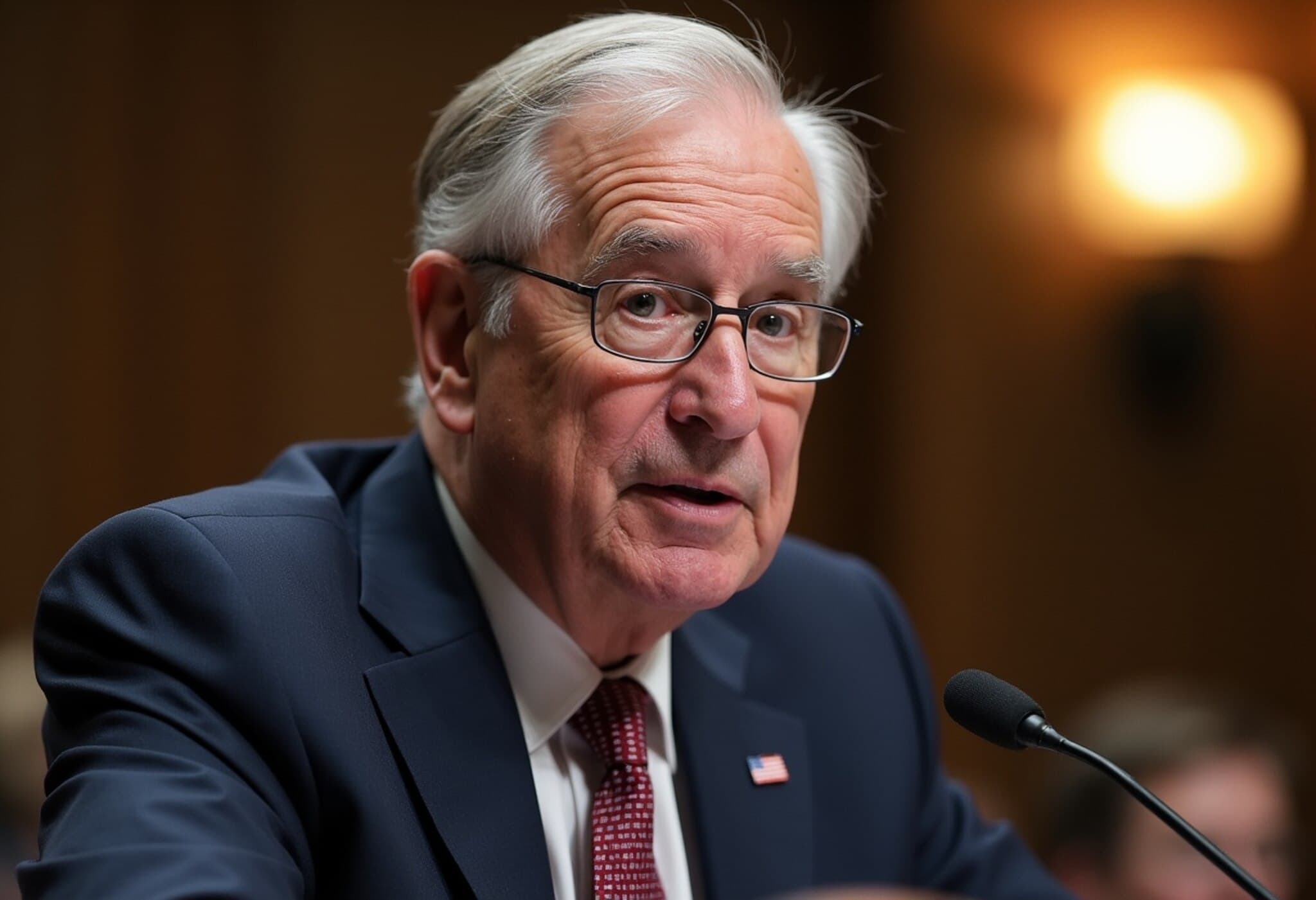Trump Appoints Sergio Gor as US Ambassador to India
On August 22, 2025, former US President Donald Trump announced the nomination of Sergio Gor, his White House personnel director and close confidant, as the next United States Ambassador to India as well as Special Envoy for South and Central Asian Affairs. This move comes during a particularly delicate phase in US-India relations, marked by recent US-imposed reciprocal tariffs and additional penalties targeting India’s trade with Russia.
A Trusted Ally in a Complex Diplomatic Landscape
Trump praised Gor as a “great friend” and one of the most influential figures within his administration, underscoring his crucial role in filling federal government positions rapidly and supporting the former president's agenda. On his social media platform Truth Social, Trump highlighted Gor’s leadership in recruiting nearly 4,000 personnel aligned with the “America First” vision, achieving over 95% staffing across federal departments.
"For the most populous region in the world, it’s essential I have someone I fully trust to carry out my agenda and help MAKE AMERICA GREAT AGAIN," Trump said. "Sergio will make an incredible Ambassador. Congratulations Sergio!"
Who is Sergio Gor?
Sergio Gorokhovsky, born November 30, 1986, in Tashkent, Uzbekistan (then part of the USSR), emigrated to the United States and carved a career deeply embedded in conservative political circles. He attended George Washington University, where he was active with the College Republicans.
Gor built his political foundation as a spokesperson for key Republican legislators, including Michele Bachmann, Steve King, and Randy Forbes. His close association with Senator Rand Paul led him to serve as communications director for RandPAC, Paul’s political action committee, starting in 2013.
Conservative Publisher and Political Strategist
Beyond politics, Gor co-founded Winning Team Publishing in 2021, a conservative publishing enterprise that churned out pro-Trump literature such as Letters to Trump, Our Journey Together, and Save America. His leadership also extended to Right for America, a prominent pro-Trump super PAC.
Most recently, in November 2024, Trump appointed him director of the White House Presidential Personnel Office, overseeing political appointments before this ambassadorial nomination.
Contextualizing Gor’s Appointment in US-India Relations
This ambassadorial nomination raises important questions regarding diplomatic expertise and bilateral relations. Notably, Gor does not have prior experience with India, a country with a complex geopolitical environment and strategic significance to US interests in the Indo-Pacific.
Amid escalating trade friction—including a 25% reciprocal tariff imposed by the US on Indian goods and additional penalties related to India’s trade with Russia—New Delhi requires an envoy who can navigate economic, security, and diplomatic nuances.
Experts highlight that ambassadorial appointments often blend political loyalty with diplomatic acumen. While Gor’s close alliance with Trump ensures message alignment with the former president’s policy priorities, the lack of direct India expertise might present challenges in building the robust bilateral partnerships essential in this era.
What Does This Mean for the Future?
- Trade negotiations: Will Gor facilitate easing tensions or reinforce the tariffs that have strained economic ties?
- Regional diplomacy: Can Gor leverage his political experience to engage effectively with India and neighboring countries in South and Central Asia?
- Strategic interests: How will his appointment affect the US approach to China’s growing influence and Russia’s proximity in the region?
These questions remain open as Gor awaits confirmation by the Senate while continuing in his White House role.
Editor’s Note
Sergio Gor’s elevation from White House personnel director to US Ambassador to India illustrates the intersection of political loyalty and foreign diplomacy in contemporary American government appointments. While his alignment with Donald Trump signals clear policy continuity, the absence of direct India experience invites scrutiny from policy analysts and diplomatic experts alike. In a time when US-India cooperation holds increasing strategic importance against a backdrop of global power shifts and trade disputes, Gor’s capacity to adapt and effectively engage will be critical. Readers should consider how political appointments influence international relations and what this means for the evolving US-India partnership.

